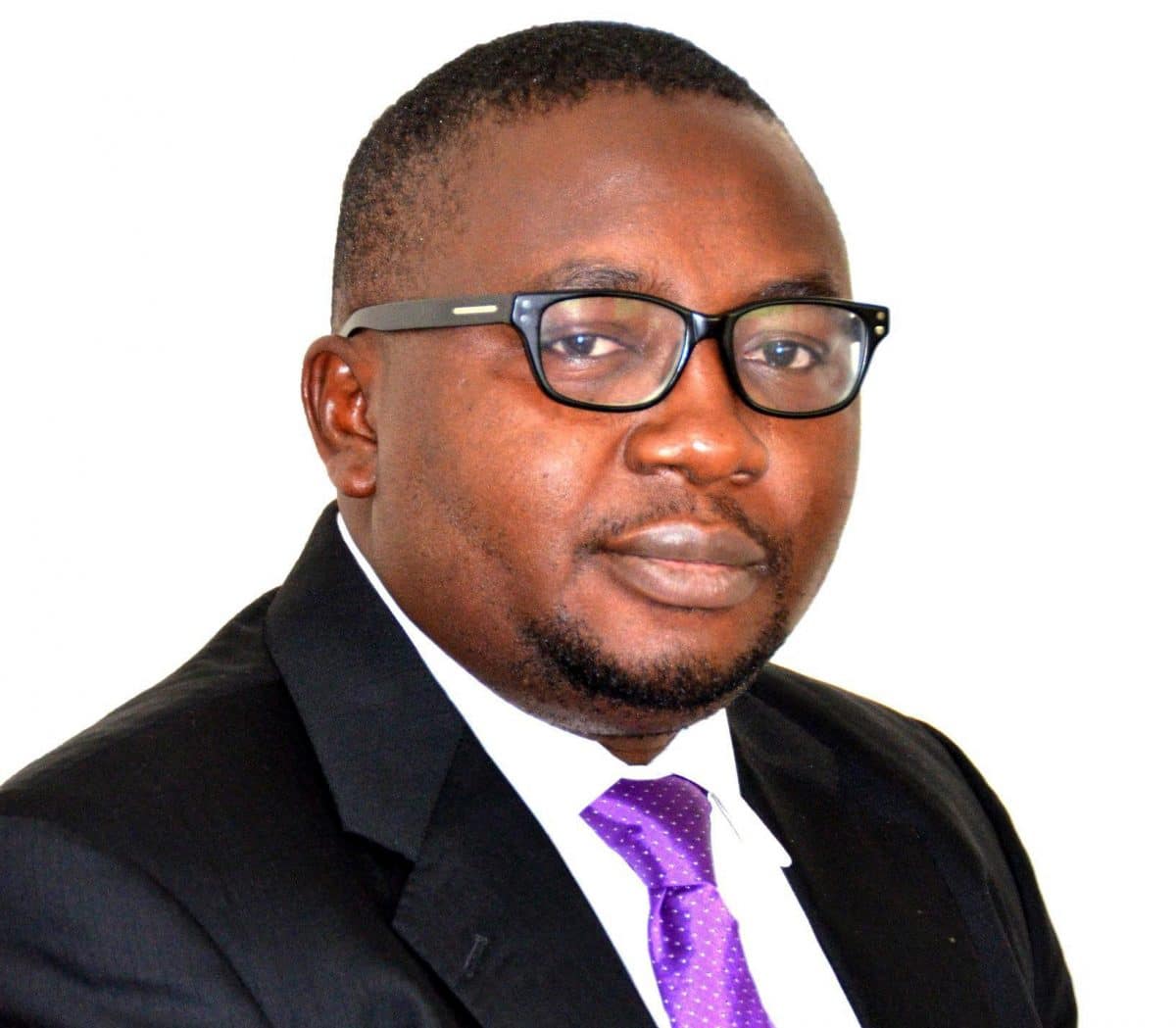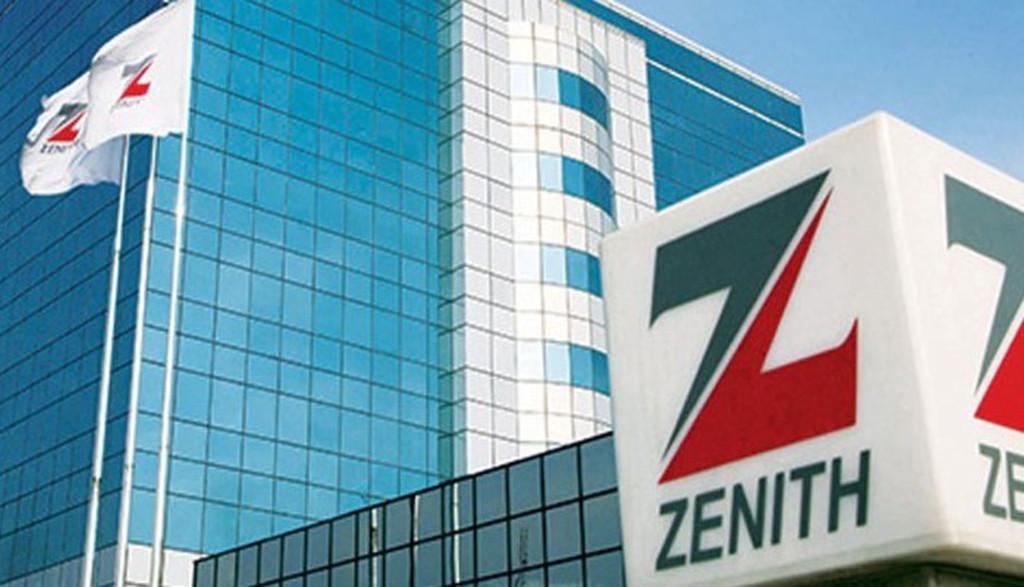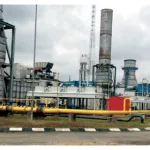Nigeria’s Minister of Power, Mr. Bayo Adelabu, announced on Monday night that the federal government is preparing to review the high-profile Siemens power deal with Nigeria.
This deal, originally inked to boost the country’s power supply from 4,000 megawatts to 25,000 megawatts by 2025, is under scrutiny due to changing circumstances since its inception.
Adelabu elaborated on the need for a reassessment. “The conditions when the contract was signed have evolved significantly, necessitating a review,” he stated in an interview on Arise News.
READ ALSO: Nigeria @63: Power Sector Woes Continue To Stagnate Industrial Growth
Adelabu highlighted that certain aspects of the agreement, such as the importation of mobile stations and transformers, have already been fulfilled. These components are expected to increase the capacity of the Transmission Company of Nigeria (TCN) by 1,300 megawatts.
The minister shed light on the broader context, explaining that the Siemens project was conceived as a three-phase initiative. The first phase aimed to enhance the country’s transmission capacity from 5,000 to 7,000 megawatts, with subsequent phases targeting 11,000 and eventually 25,000 megawatts over a seven-year period.
READ ALSO: Ex-Power Minister, Nnaji Identifies Those Behind Nigeria’s Electricity Woes
However, numerous challenges, including the COVID-19 pandemic and significant regulatory and political transitions, have impeded the project’s progress. These changes have reshaped the landscape of the Nigerian power sector over the past five years, necessitating a reevaluation.
Adelabu also shared positive news about the pilot project, designed to demonstrate the impact of government-to-government cooperation with Siemens. Ten power mobile substations and ten power transformers have arrived in the country, with the commissioning process already underway. The installation of these components is expected to boost transmission capacity by 1,300 megawatts.
Reflecting on the power sector’s achievements over the last decade, Adelabu admitted that the primary objective of increasing energy access to households, small businesses, and industries through privatization had not been fully realized.
He attributed this shortfall to failures across the value chain, involving private sector stakeholders, technical capacity, and investments in infrastructure, among other factors.
The minister pointed out the persistent issue of metering gaps, revealing that nearly 8 million meters were still needed for households, businesses, and industries. He stressed that without accurate metering, billing and collection remained challenging, affecting the sector’s liquidity.
Regarding the recurring power collapses, Adelabu emphasized that prior to the incident caused by a fire outbreak, the transmission network had enjoyed a prolonged period of stability.
He acknowledged the aged infrastructure and weaknesses within the system but highlighted the government’s ongoing efforts to improve infrastructure.
Emmanuel Ochayi is a journalist. He is a graduate of the University of Lagos, School of first choice and the nations pride. Emmanuel is keen on exploring writing angles in different areas, including Business, climate change, politics, Education, and others.


















Follow Us